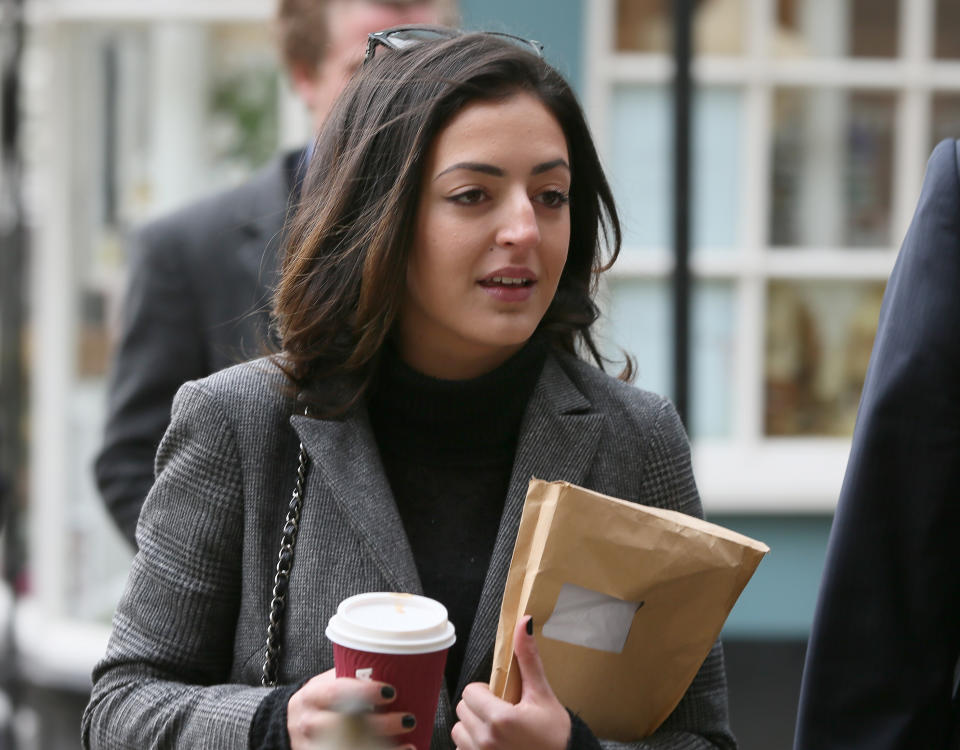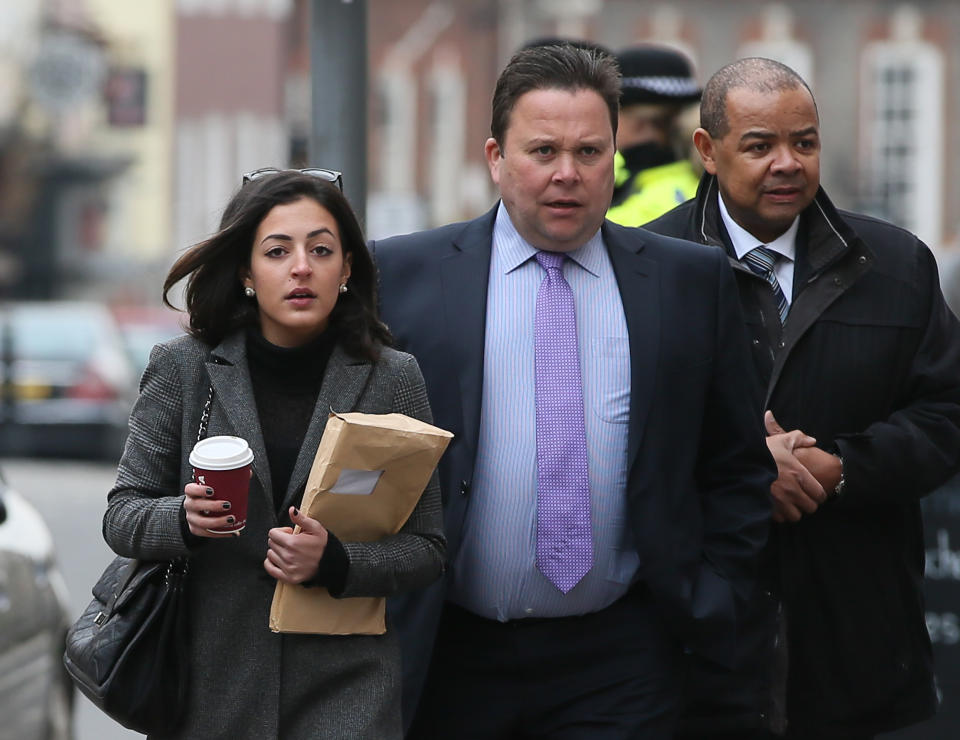Coroner: Berezovsky death remains unexplained
LONDON (AP) — Boris Berezovsky's death remains unexplained, a British coroner said Thursday, saying it wasn't possible to conclude beyond a reasonable doubt whether the self-exiled Russian tycoon and opponent of President Vladimir Putin was killed or committed suicide.
The 67-year-old Berezovsky was found on a bathroom floor of his ex-wife's home in southern England in March 2013. A scarf was around his neck.
Coroner Peter Bedford recorded an "open," or inconclusive, verdict.
"I am not saying Mr. Berezovsky took his own life. I am not saying Mr. Berezovsky was unlawfully killed," Bedford said at the Guildhall in Windsor, west of London. "What I am saying is that the burden of proof sets such a high standard it is impossible for me to say."
Inquests are held in Britain to determine the facts in all cases of violent or unexplained death. But the inconclusive verdict will do nothing to stop the speculation swirling around Berezovsky's sudden demise.
Employees and associates told the two-day inquest that Berezovsky — formerly a flamboyant and outspoken figure — had become severely depressed and spoke of suicide after he lost a multibillion-dollar legal battle in 2012 with billionaire Roman Abramovich over shares in a Russian oil company.
A forensic scientist testified that toxicology tests found traces of prescription medicines, including drugs for insomnia and depression in Berezovsky's body, but no sign of anything that might have contributed to his death.
Pathologist Simon Poole said Berezovsky's injuries were consistent with hanging and there was no sign of struggle.
But Bernd Brinkmann, an expert on hanging and asphyxiation, gave a contrary opinion, saying he thought Berezovsky had been strangled by someone who then made it look like a hanging. He said marks on the dead man's neck and the coloring of his face were inconsistent death by hanging.
A mathematician-turned-Mercedes dealer, Berezovsky amassed his wealth during Russia's chaotic privatization of state assets in the early 1990s. He later fell out with Putin and moved to Britain in 2001.
Berezovsky's daughter Elizaveta Berezovskaya said her father thought he had been poisoned in the days after the court case ended — but the family concluded he was suffering from depression.
Berezovskaya said that after her father's death, she accepted that he had killed himself, but later developed doubts.
"He was a target, always," she said. "My father was a very serious political figure."



